Sports nutrition is still a newly-formed area of science, so it’s no wonder that the field is prone to myths and misconceptions. Now’s the time to set the story straight on what you thought you knew about the relationship between food and athletic performance. We’re here to help you fuel your way to success.
Myth 1: Eat fat, get fat.
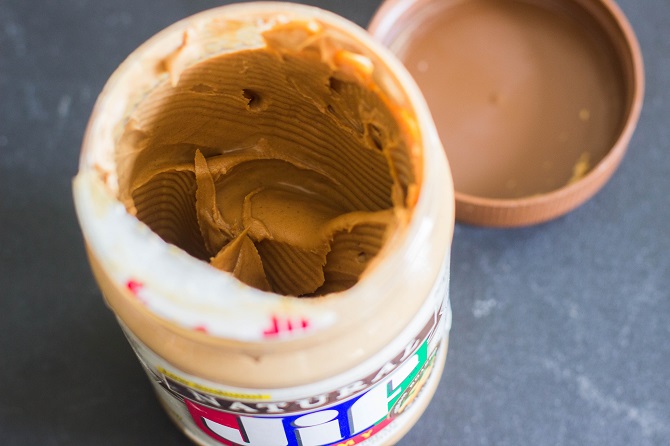
Photo by Abby Wang
Wrong. Healthful dietary fats are essential to an athlete’s diet for several reasons. Not only do they reduce inflammation, but they also allow for successful absorption of important vitamins such as A, D, E and K.
Additionally, fat fuels the muscles, which can enhance endurance and stamina. Research shows that there is a positive correlation between endurance gain and higher fat diet for runners.
Myth 2: Building muscle mass requires extra raw eggs/steak consumption/chugging protein shakes for dayz.
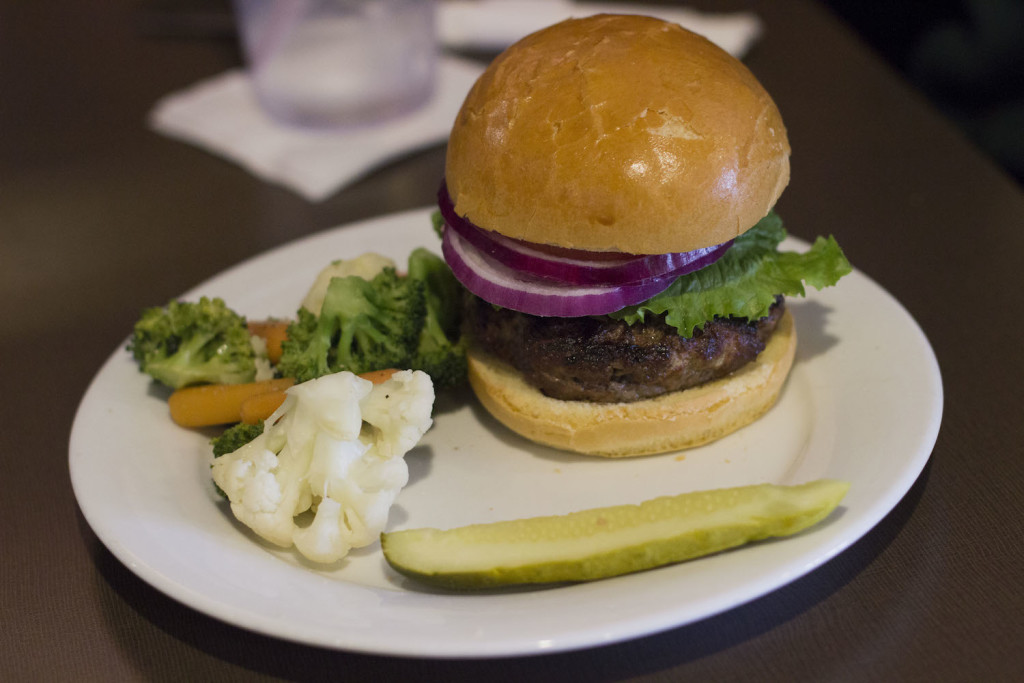
Photo by Abby Wang
Yes, I’m a meat eater and I am guilty of occasionally eating Korean BBQ until I’m bursting at the seams. That being said, I’m still a 5’ 1.5” Korean with no spectacular Arnold Schwarzenegger arms.
Because the body can only use about 20 to 25 grams of protein in one dose, you won’t build bigger muscles by eating massive portions of beef in one sitting.
Your best bet is to distribute your protein intake evenly throughout the day and not shoehorn it all into one meal. That way, your muscles will have a consistent supply of amino acids (the building blocks of protein).
Myth 3: Sugar should be avoided before training and competition.
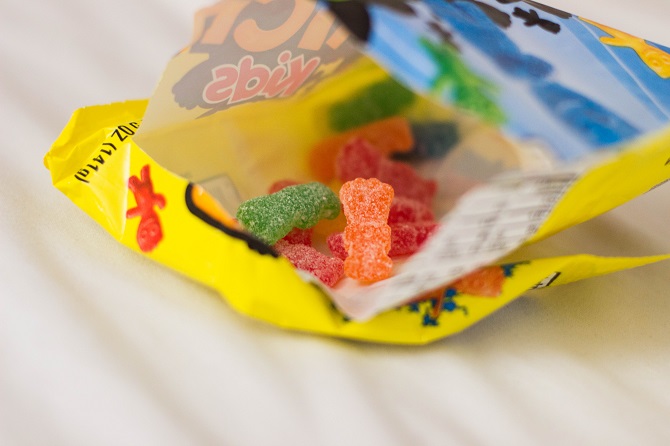
Photo by Abby Wang
Contrary to popular belief, sugary foods can actually improve performance because sugar is a type of carbohydrate. Carbohydrates, whether in food or drink, are essential to an athlete’s diet.
So in the case of an athlete needing fuel, sugar eaten before competition increases blood levels of glucose and insulin, which isn’t a bad thing.
Myth 4: Drinking coffee before working out is evil because it’s dehydrating.
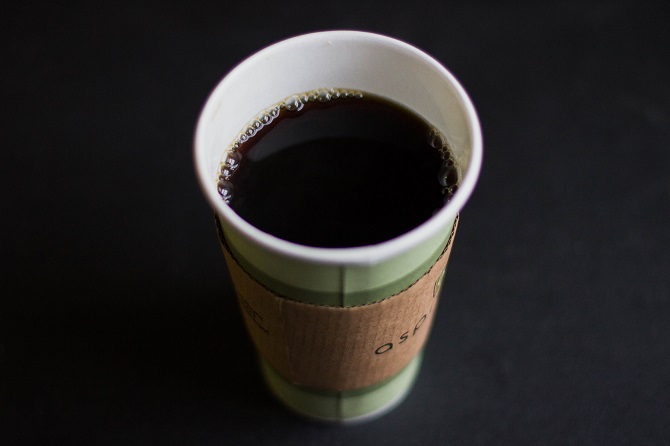
Photo by Abby Wang
Au contraire. Coffee drinkers are actually justified in consuming pre-exercise coffee because it’s not dehydrating and can actually enhance performance, even in the heat. Your workout will actually seem easier because of caffeine’s magical ability to boost alertness and reaction time.
If caffeine gives you the jitters, you’re better off not giving coffee-running a trial. But if you’re a coffee drinker like me, it doesn’t hurt to give it a shot.
Myth 5: You should never eat right before a workout because it won’t sit well.
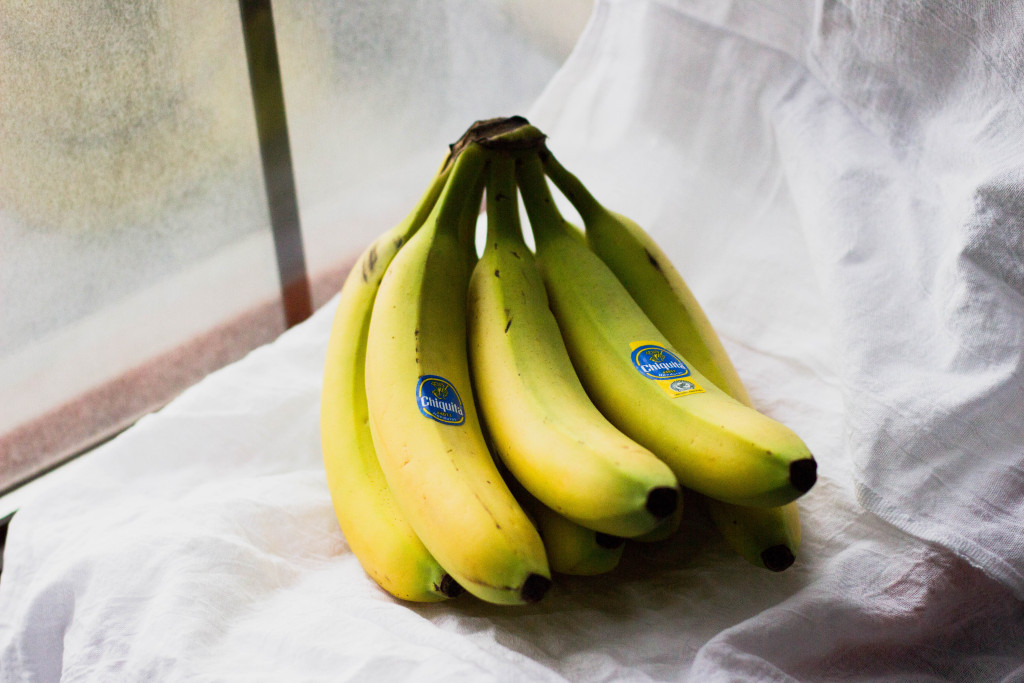
Photo by Abby Wang
Ya gotta add fuel to the fire to actually keep it going, so it makes sense that eating before exercise actually improves performance. Studies show that people who run on an empty stomach have a slower pace and a higher rate of perceived exertion (how hard the run feels). Try fueling up with one of these pre-workout food ideas.
Myth 6: Eating right after a workout is not necessary because it just adds excess calories.
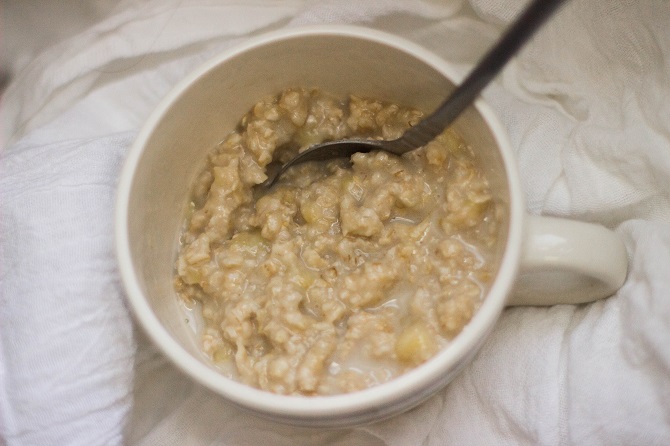
Photo by Abby Wang
I don’t know about you, but I transform into a ravenous demon (more so than usual) after working out. Post-excercise is the time to splurge on all the delicious foods within my reach.
Counting calories isn’t the right mindset when your main goal is to perform your best during a workout. Getting adequate nutrition within 30 minutes after a workout helps your body recover faster from the stress and muscle breakdown that occurred during exercise.
Myth 7: It’s necessary to carbo-load before races.
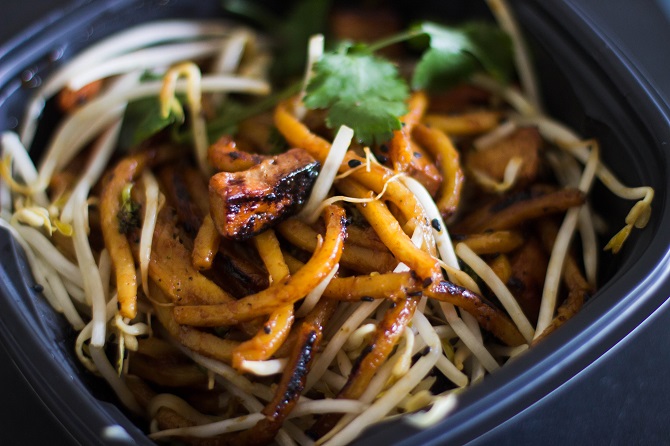
Photo by Abby Wang
I love love love carbs because they are outstanding and I need them on a daily basis as a living, breathing human. Carbo-loading before competitive races is a familiar ritual for endurance athletes and weight-lifters alike.
However, research has shown that carbohydrate overload is only necessary for exercises lasting more than about 90 minutes, because that’s when the body starts skimping on glycogen. Don’t forget that carbs are your friends and your body’s main source of energy (roughly 55-58%).
Add some fuel to your fire:

